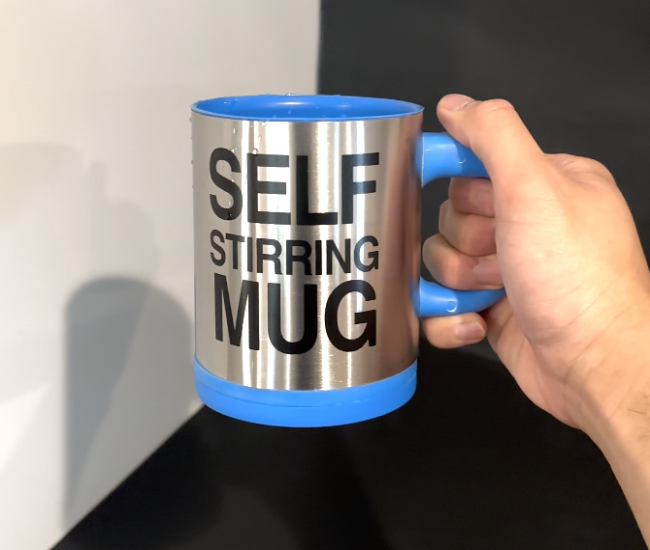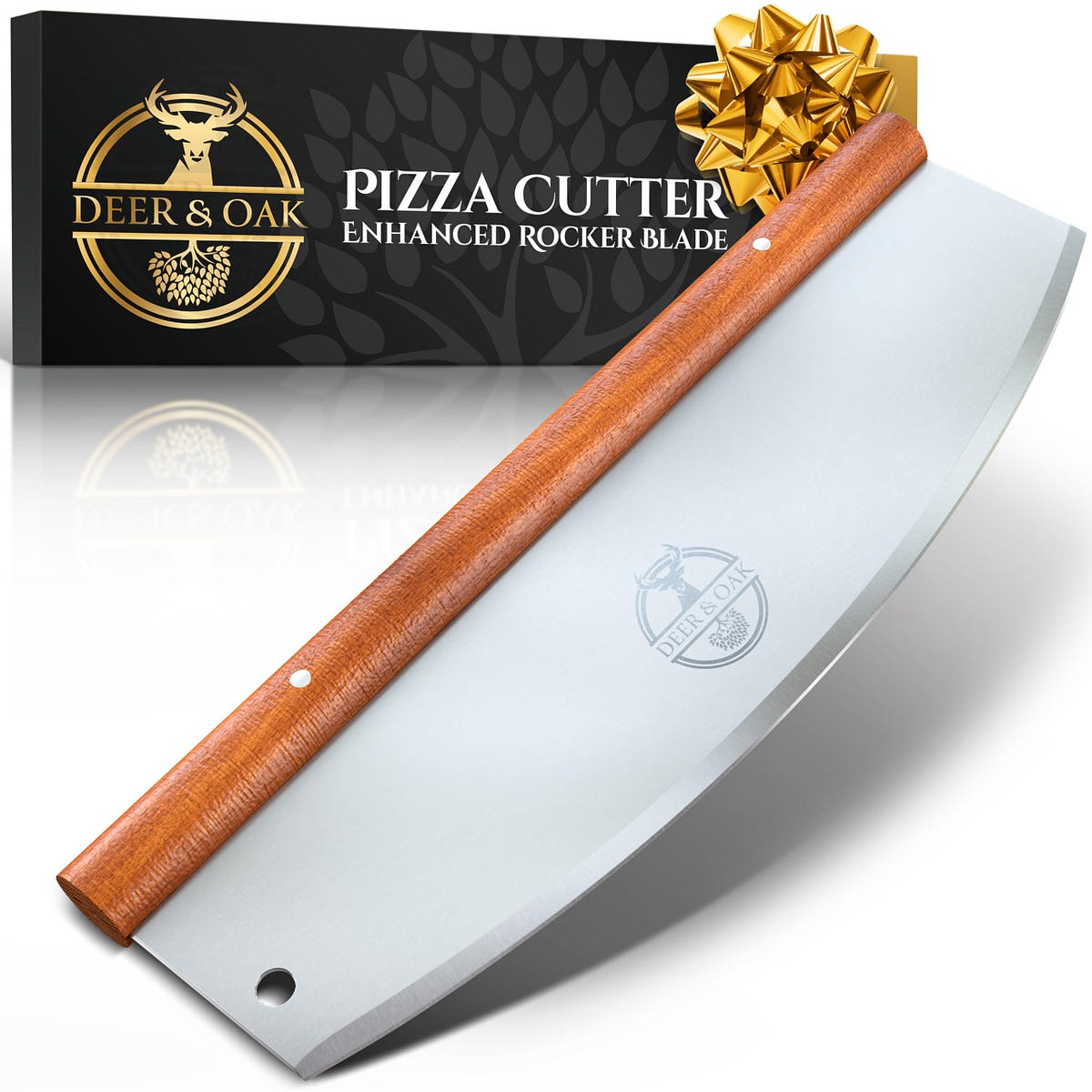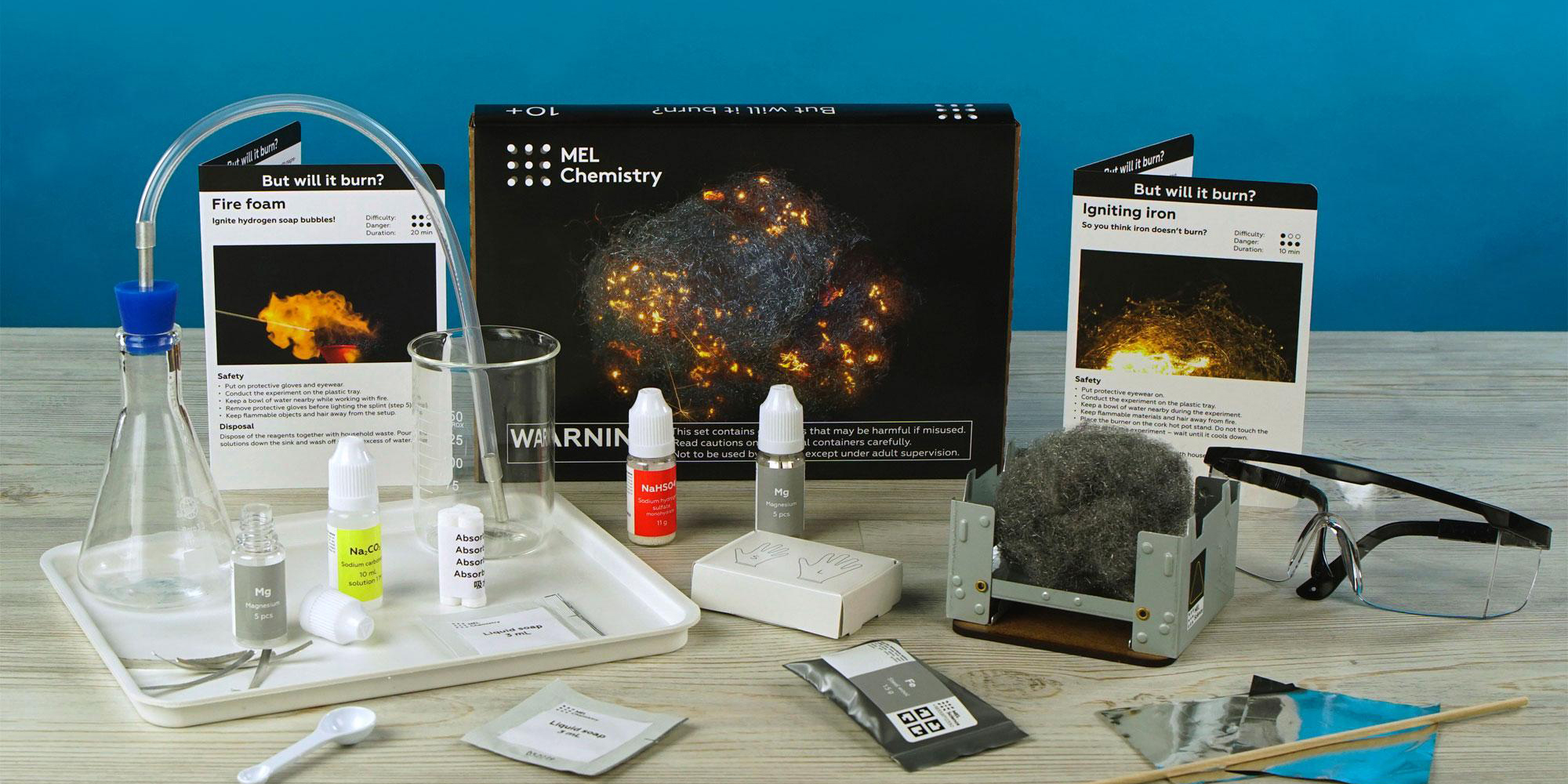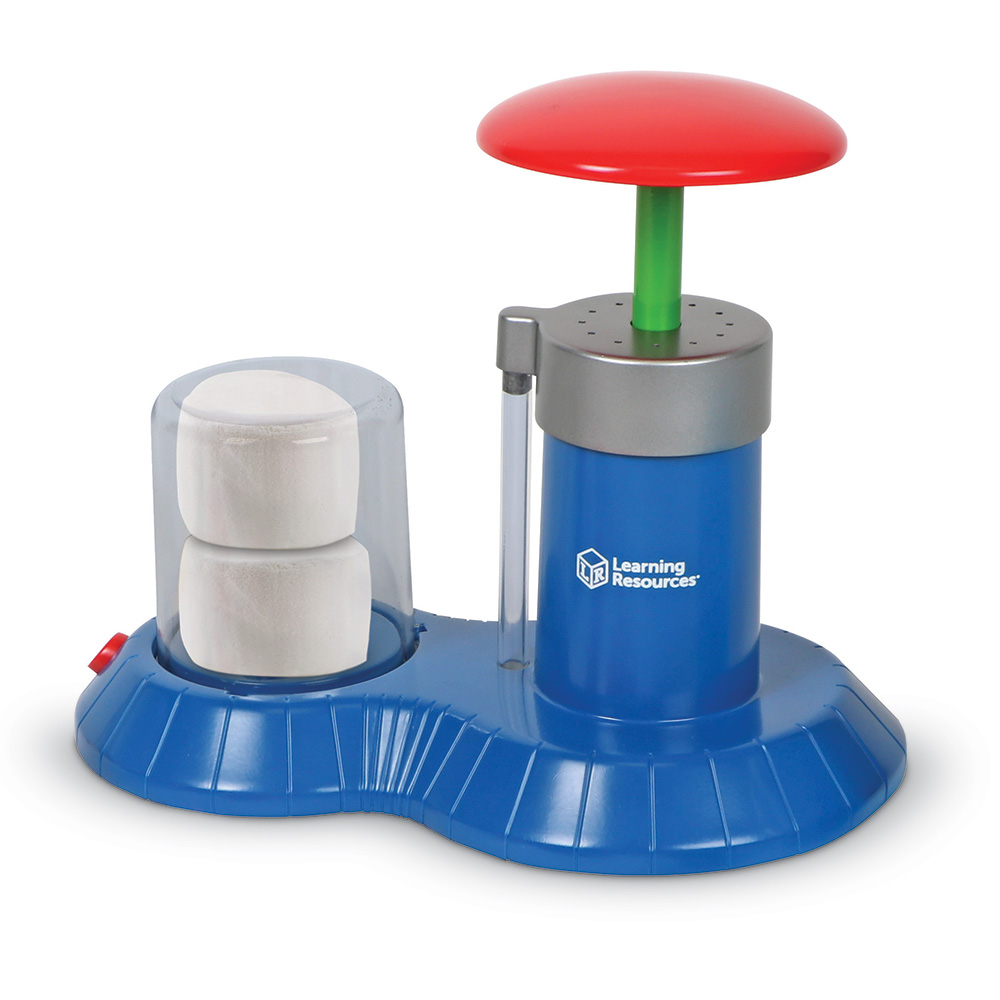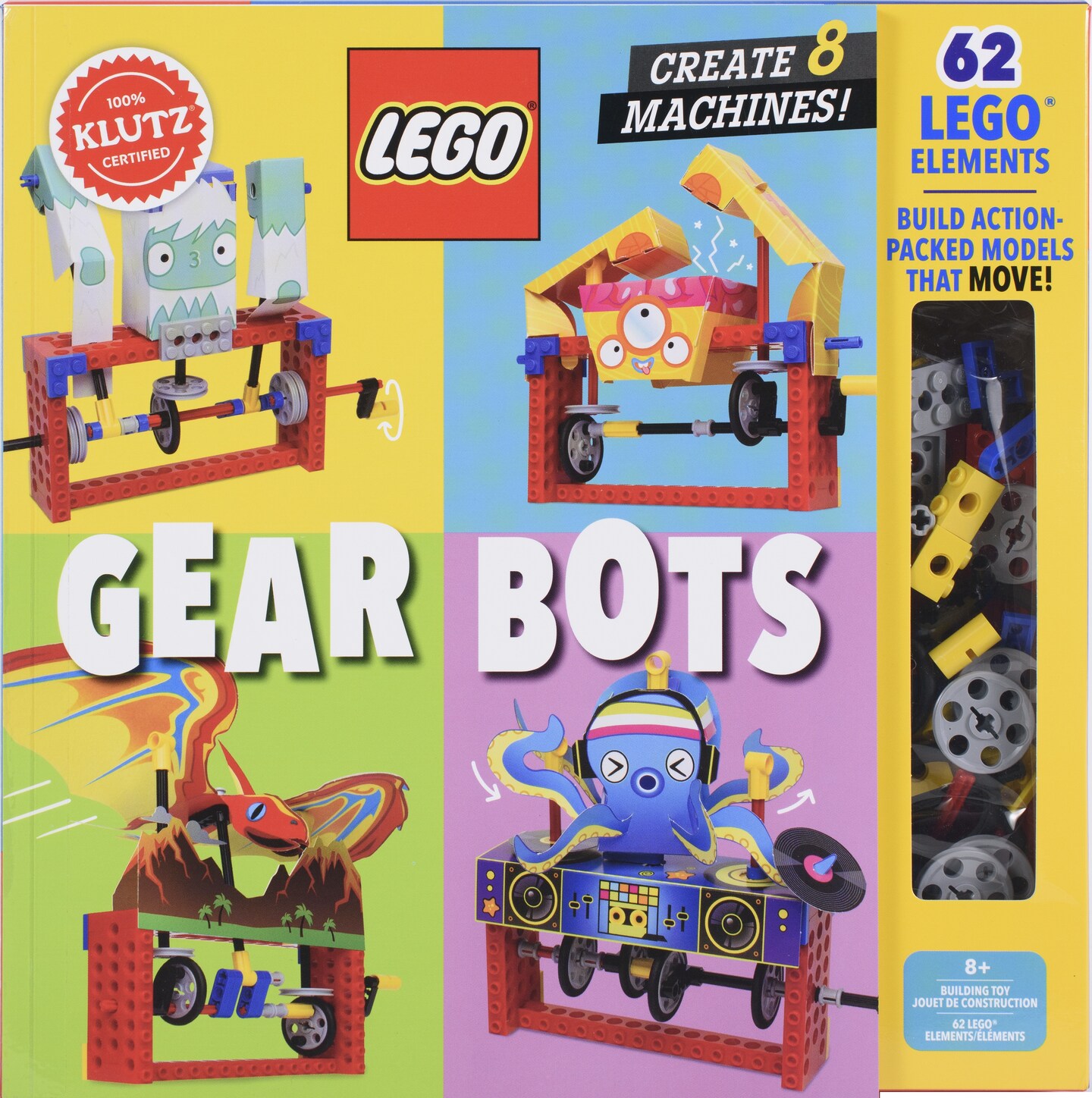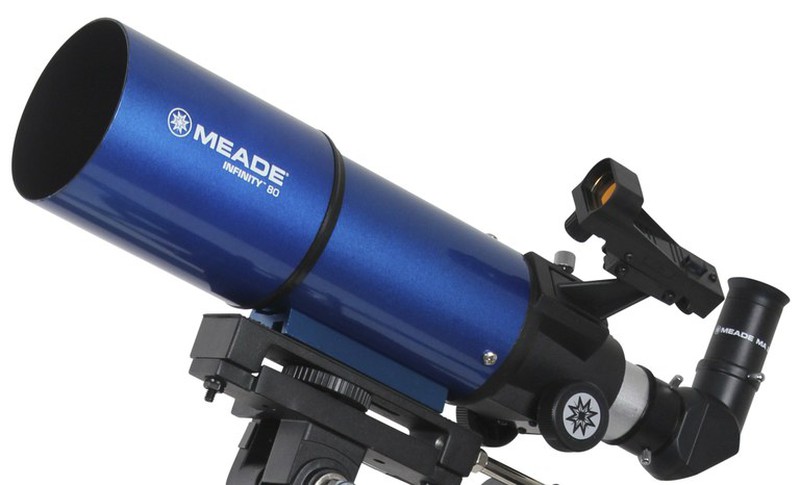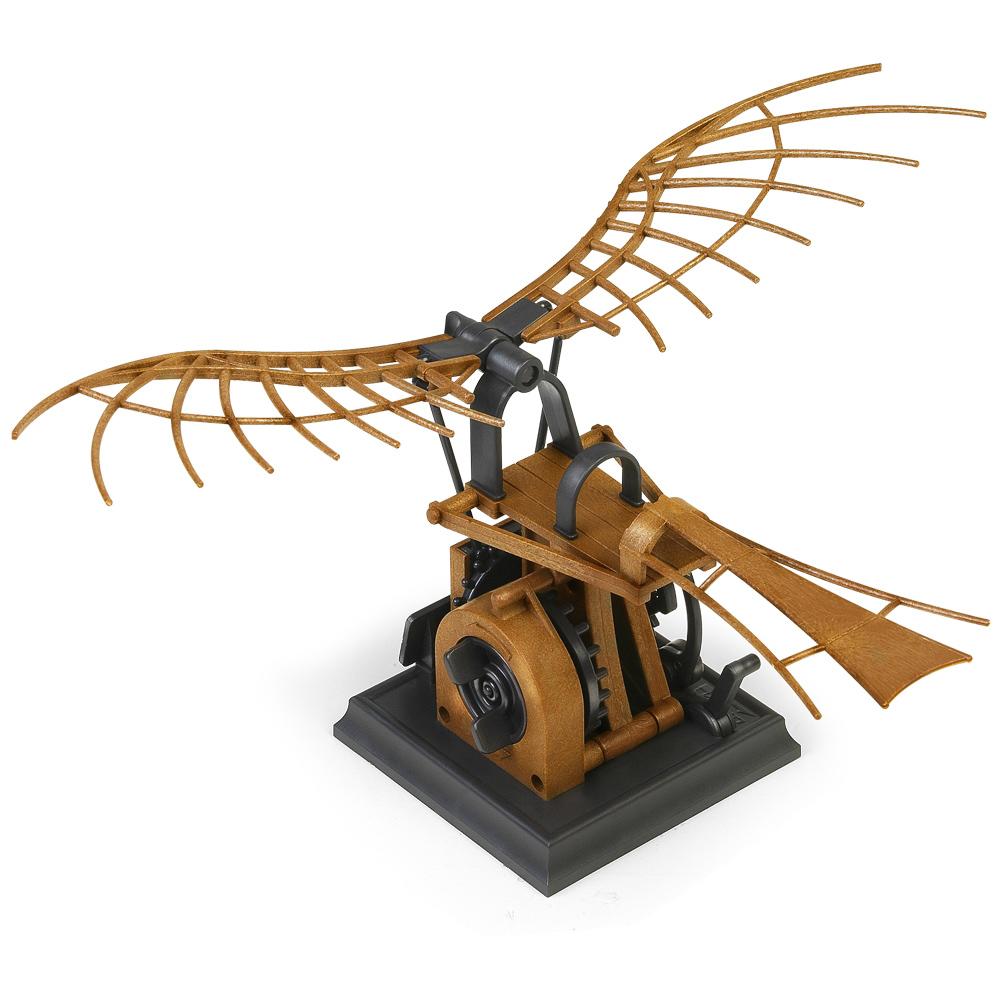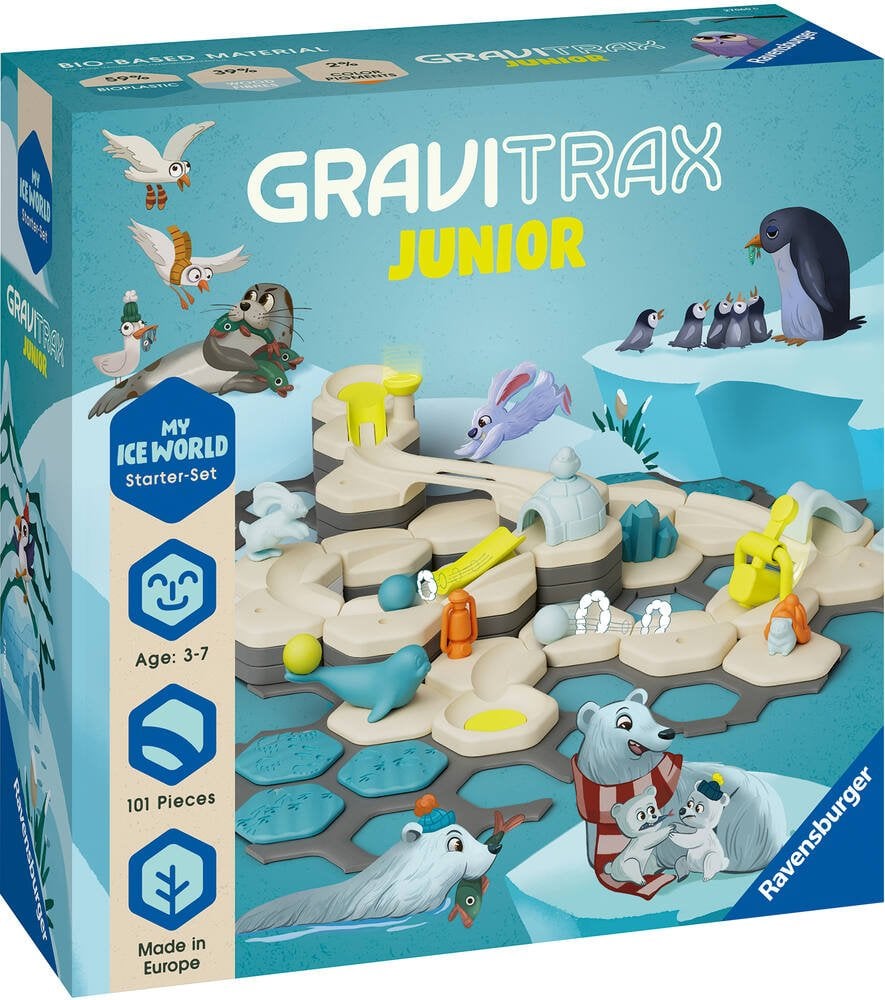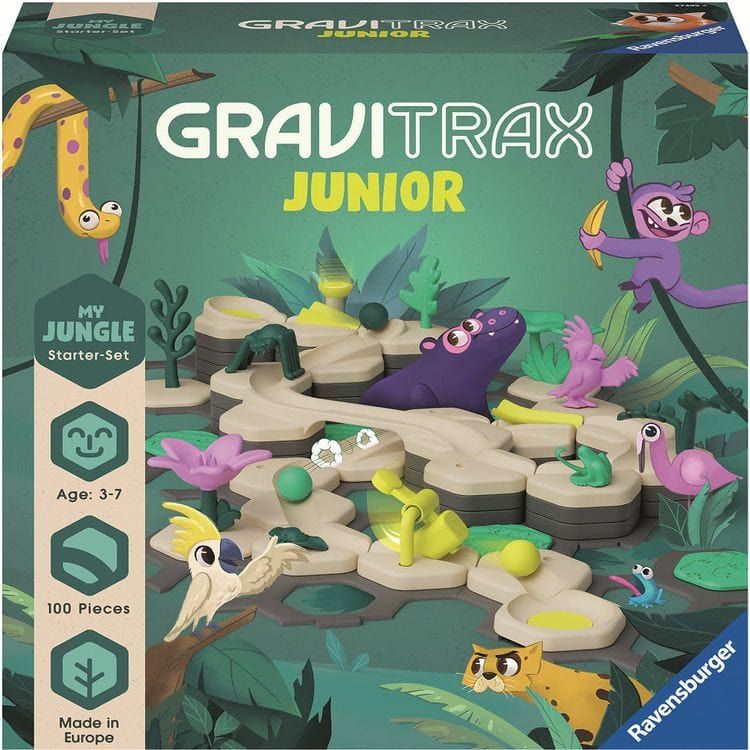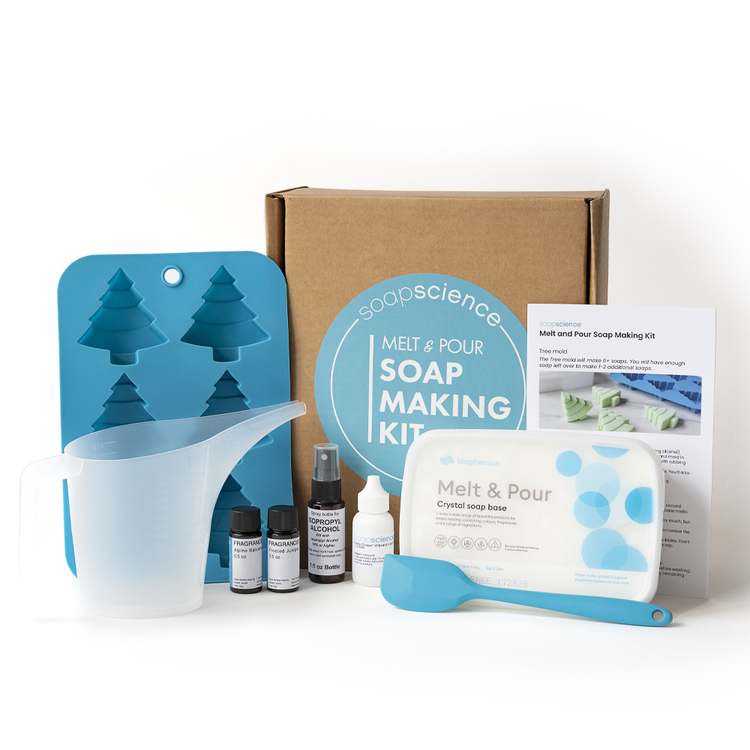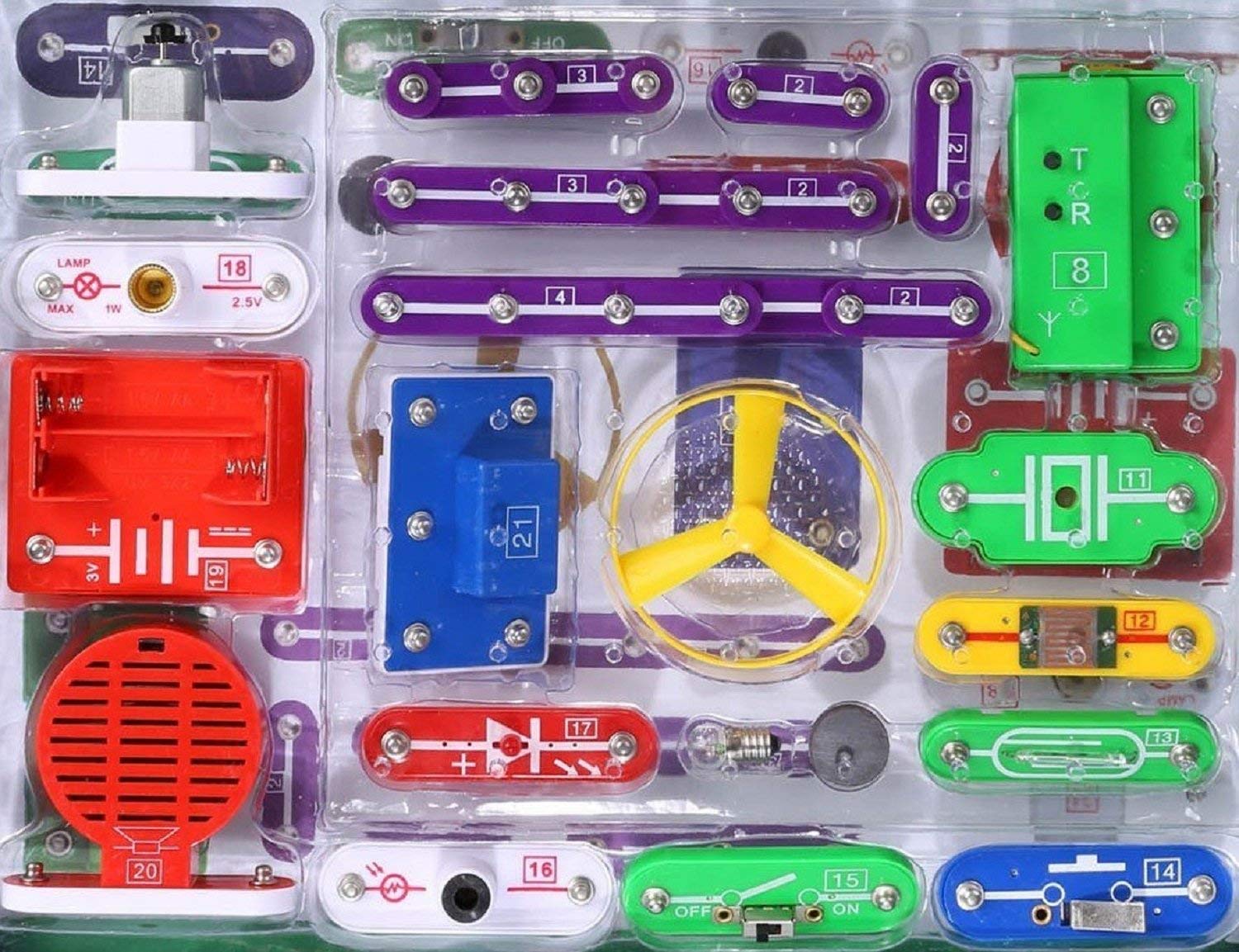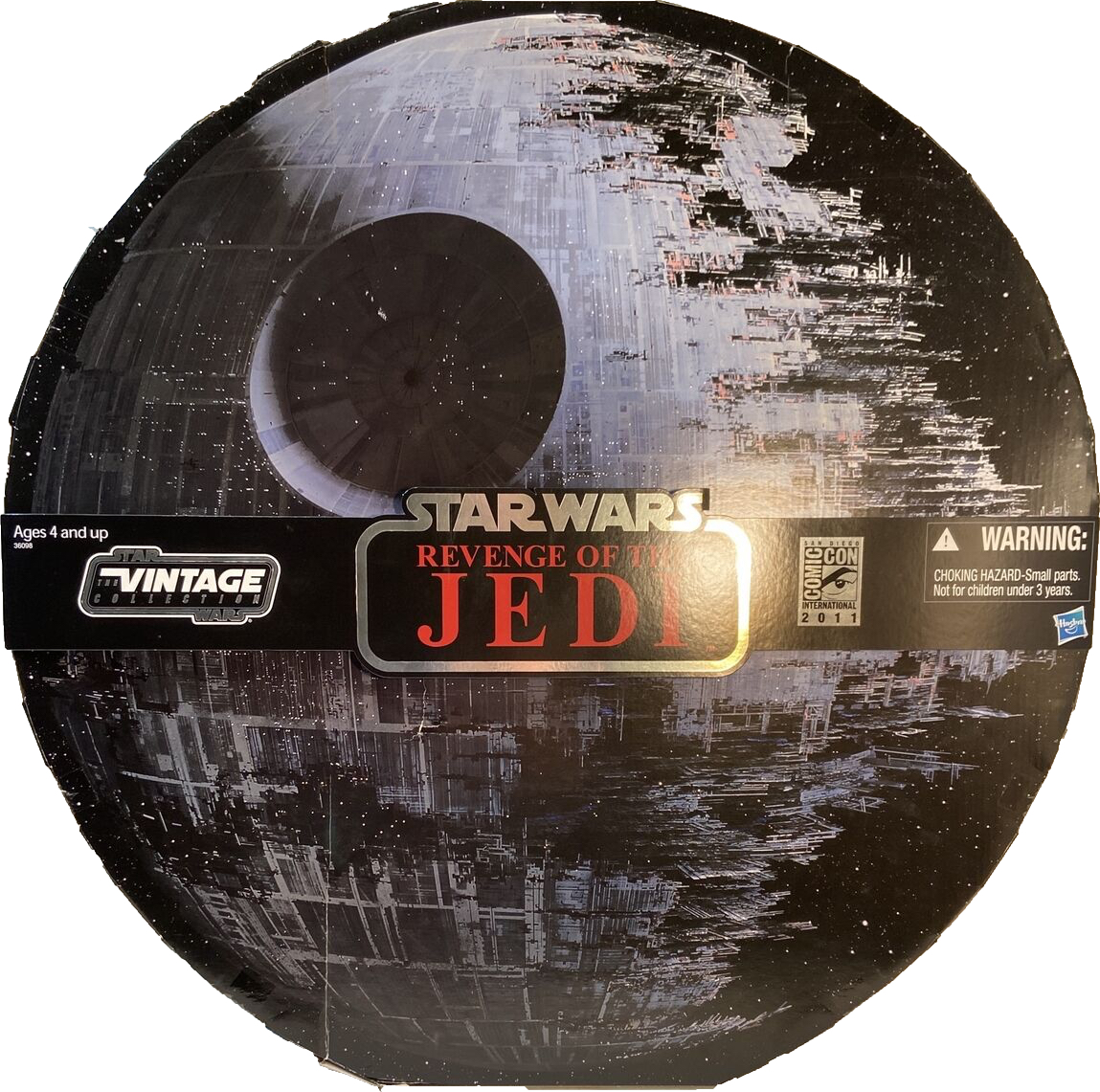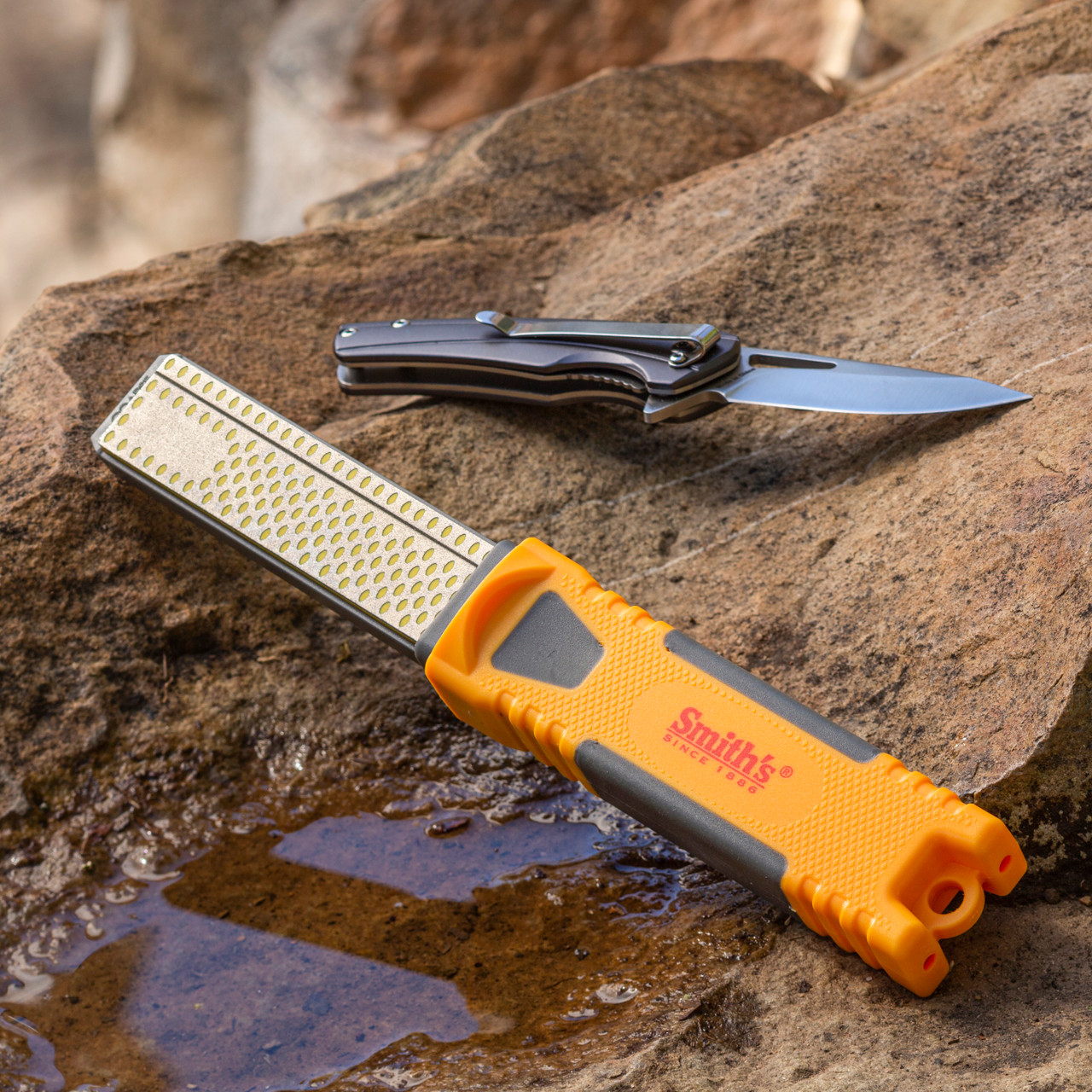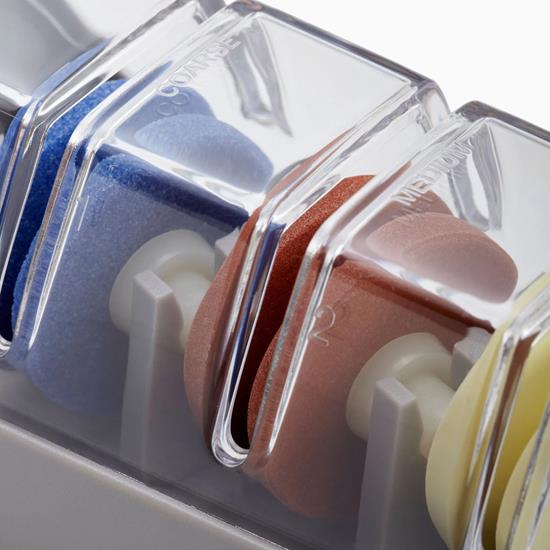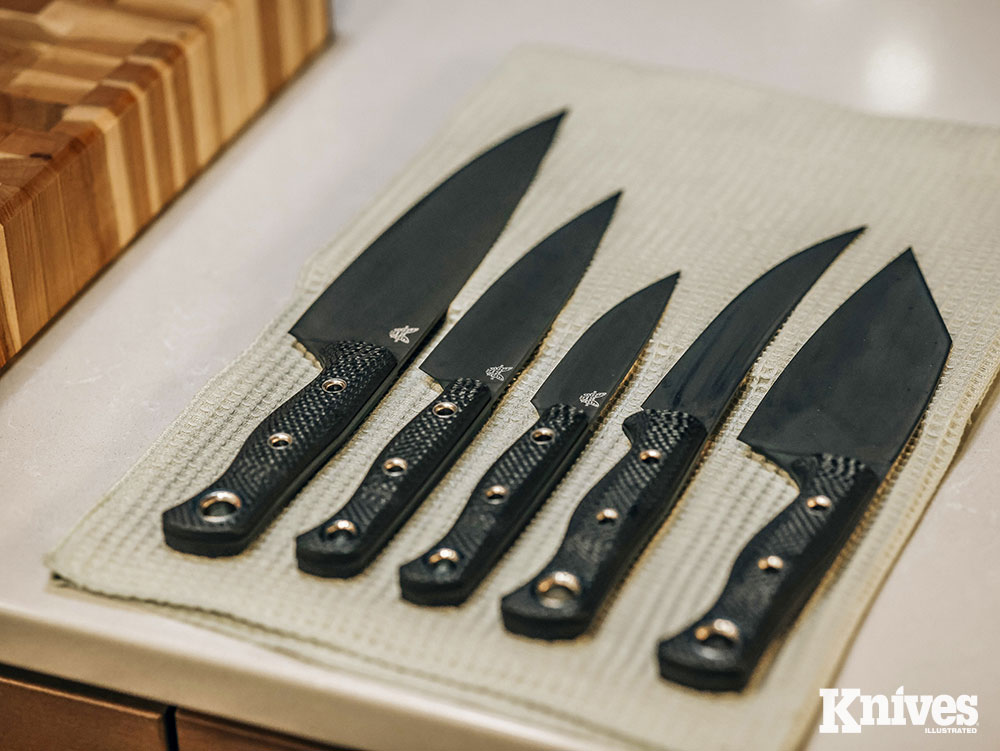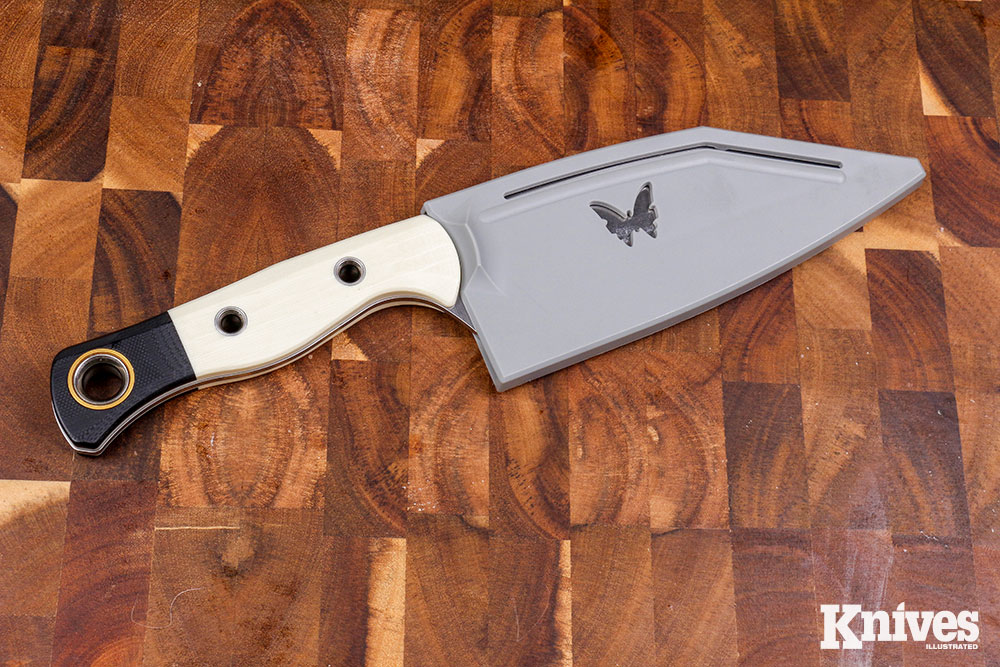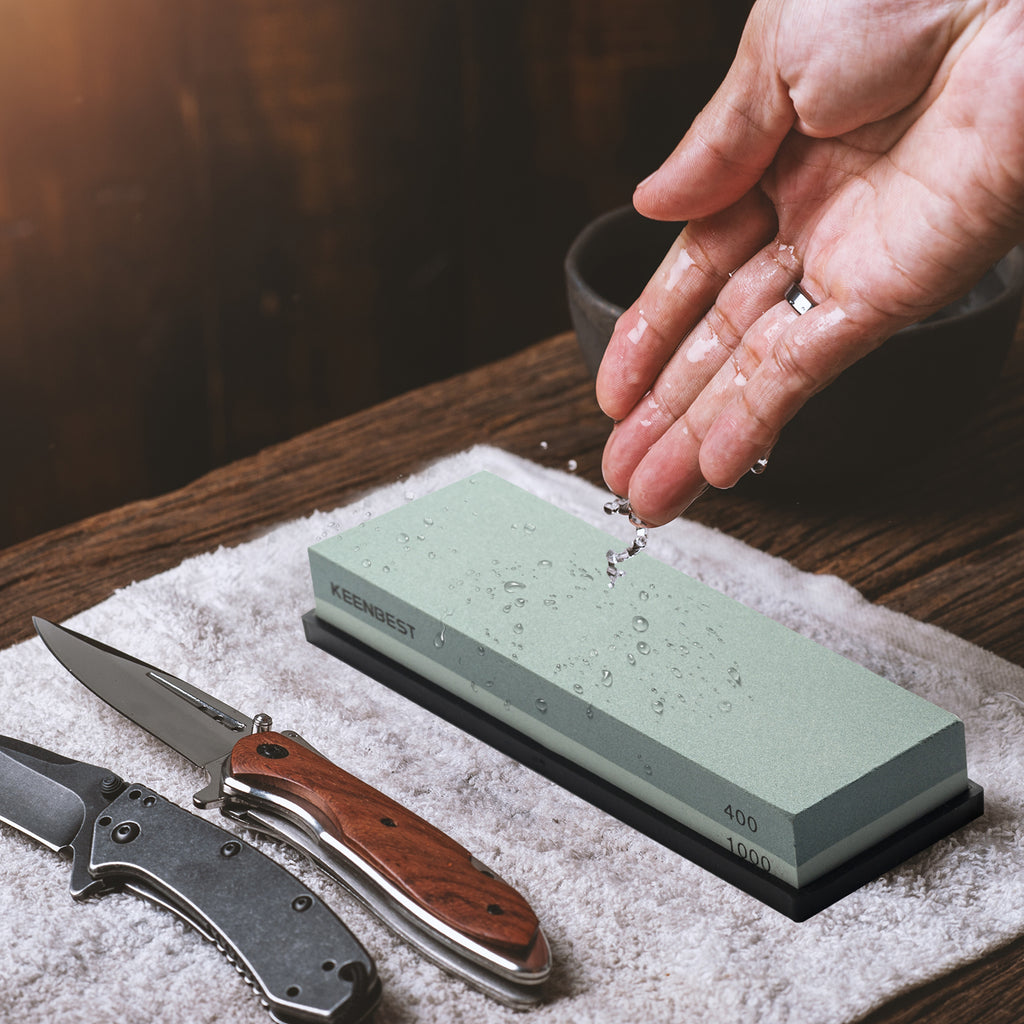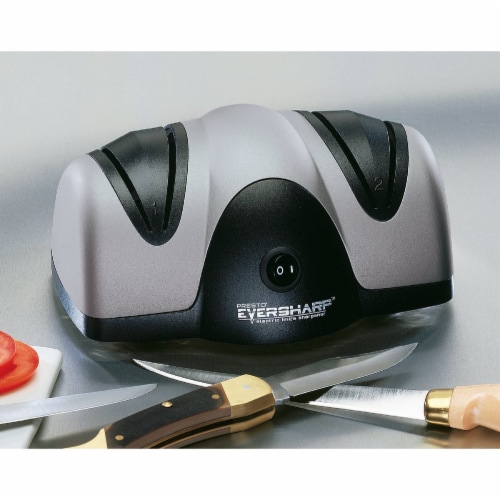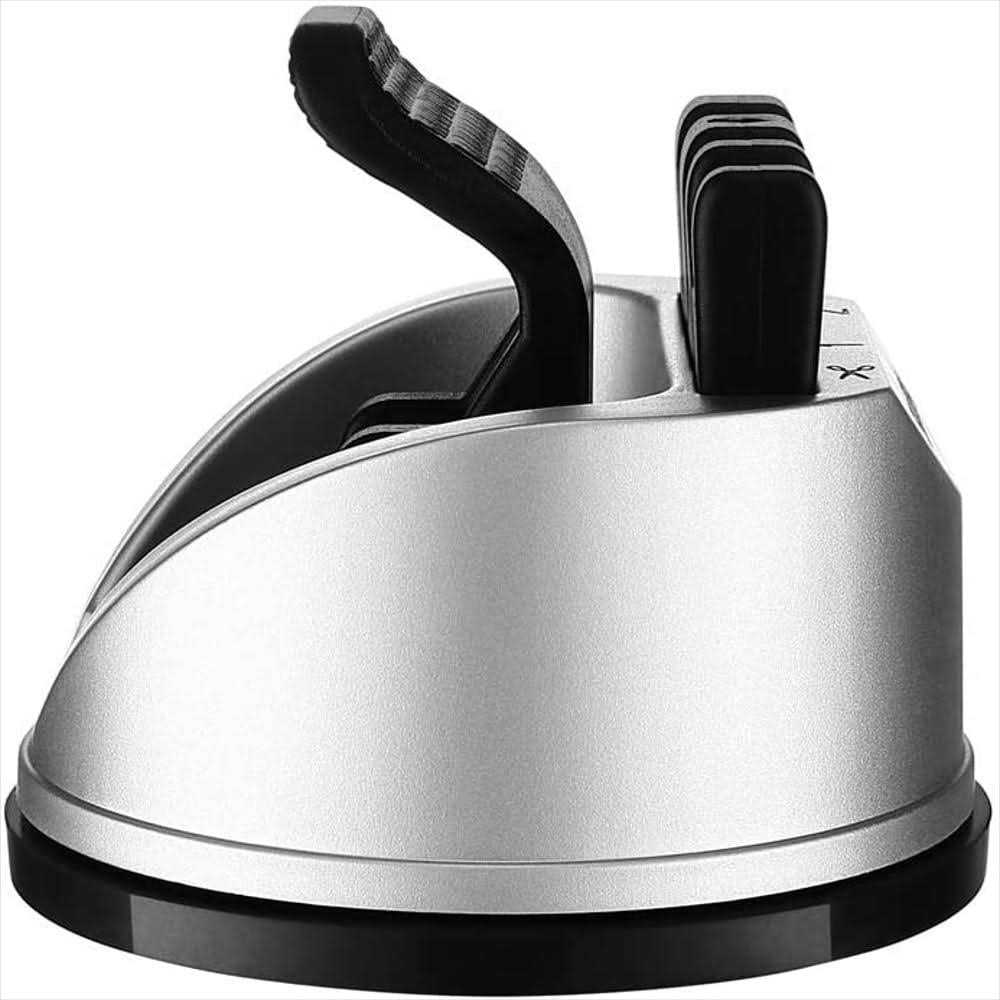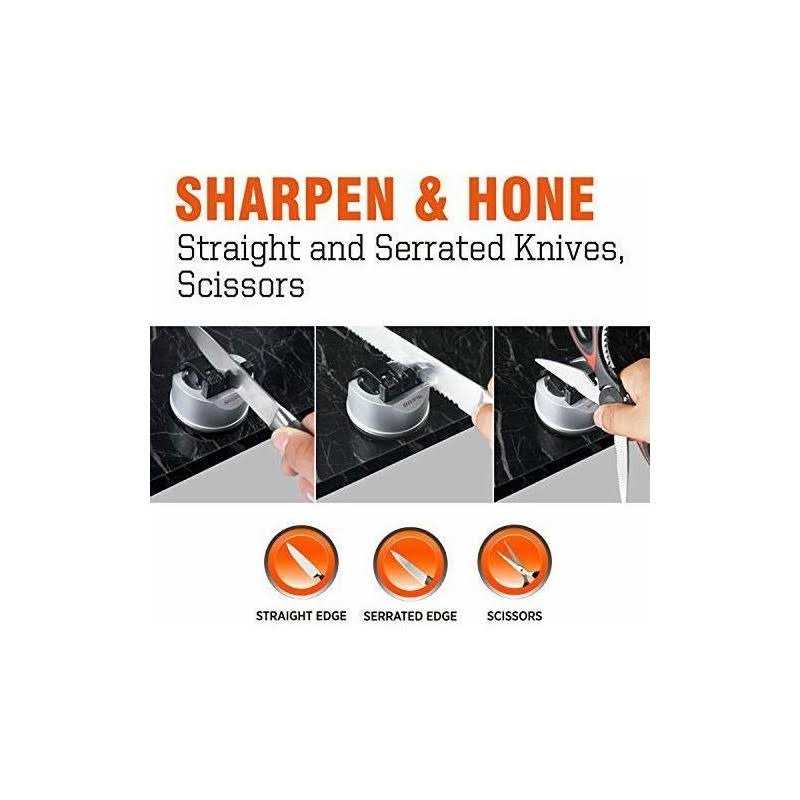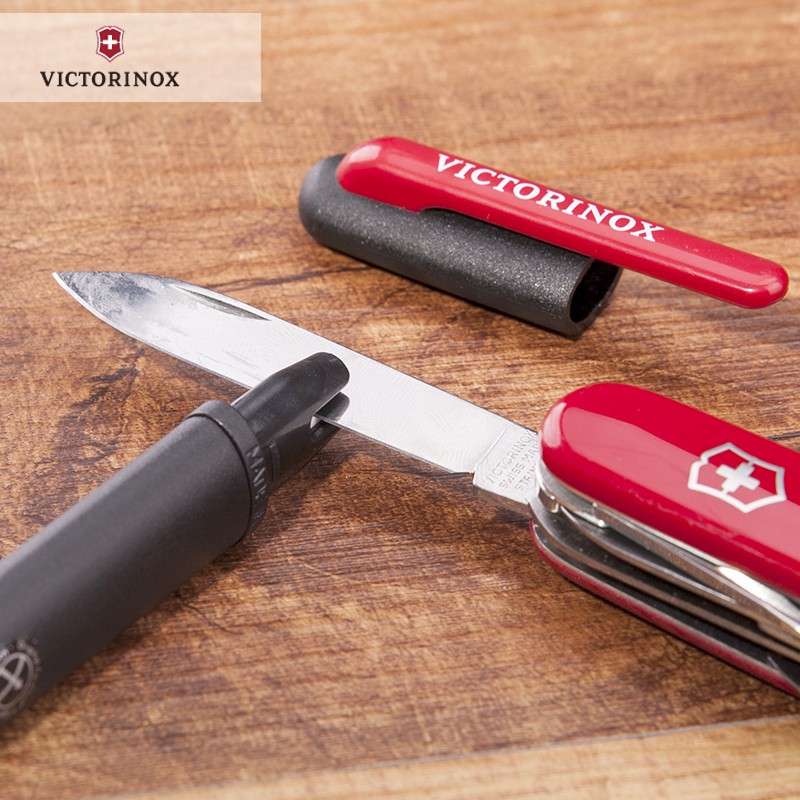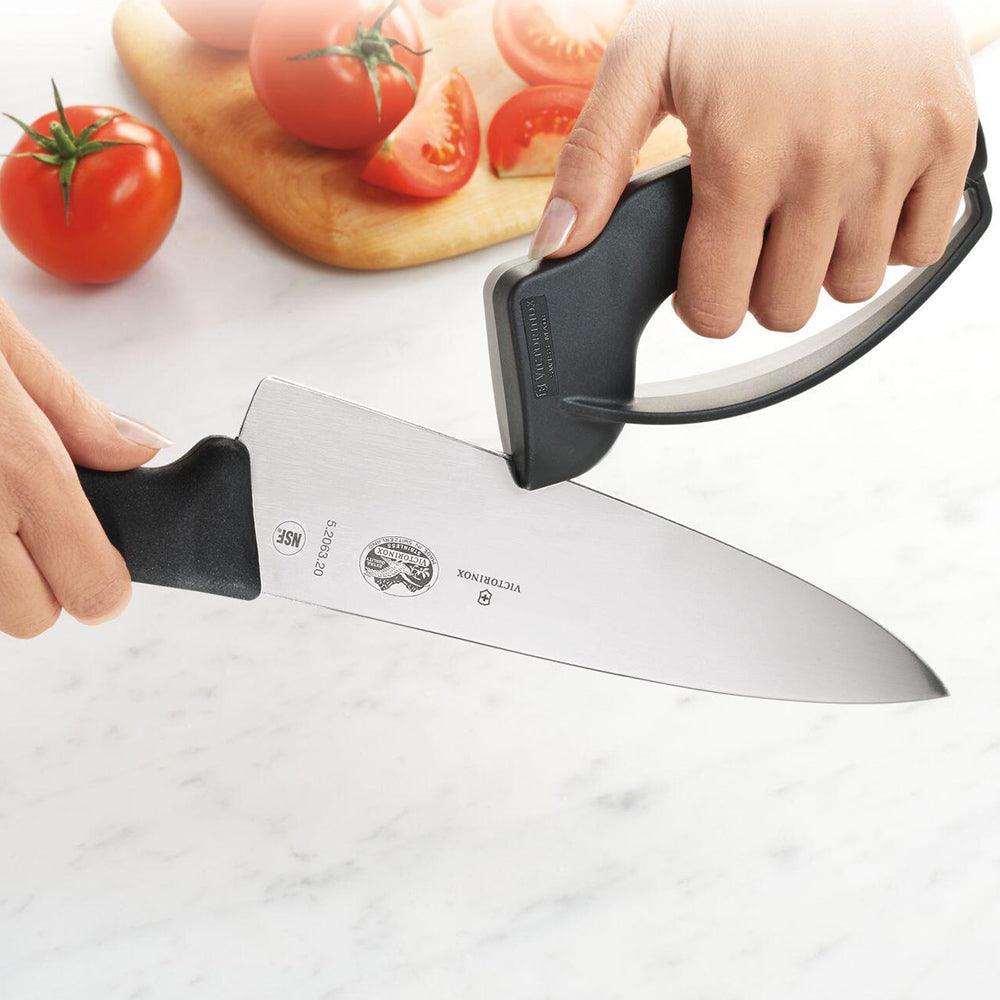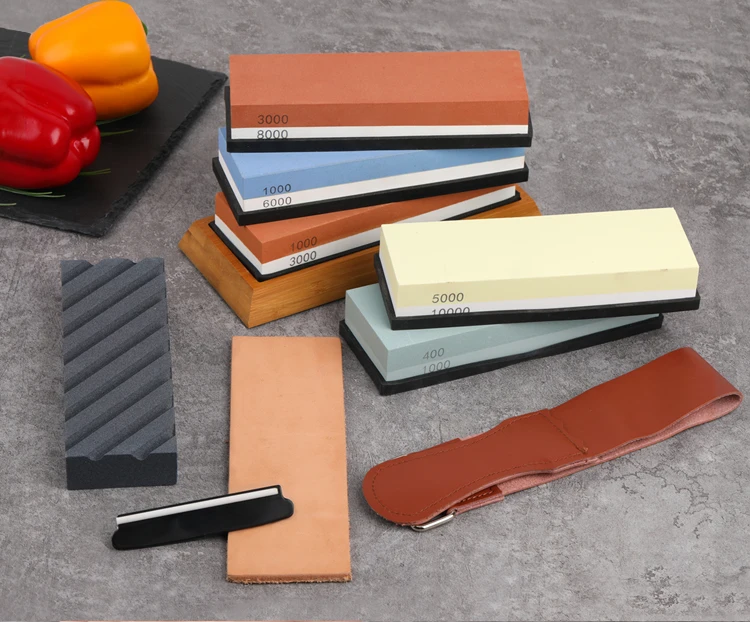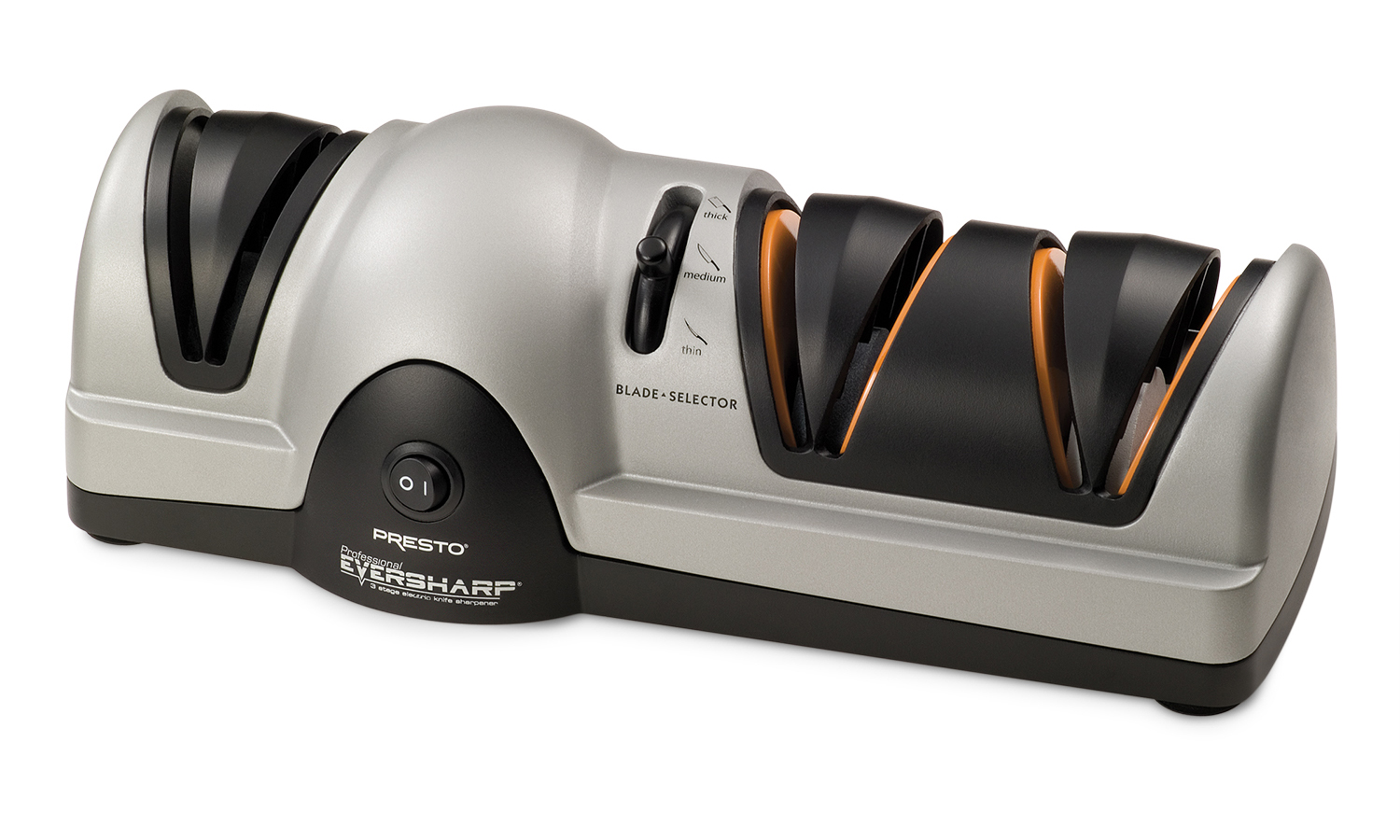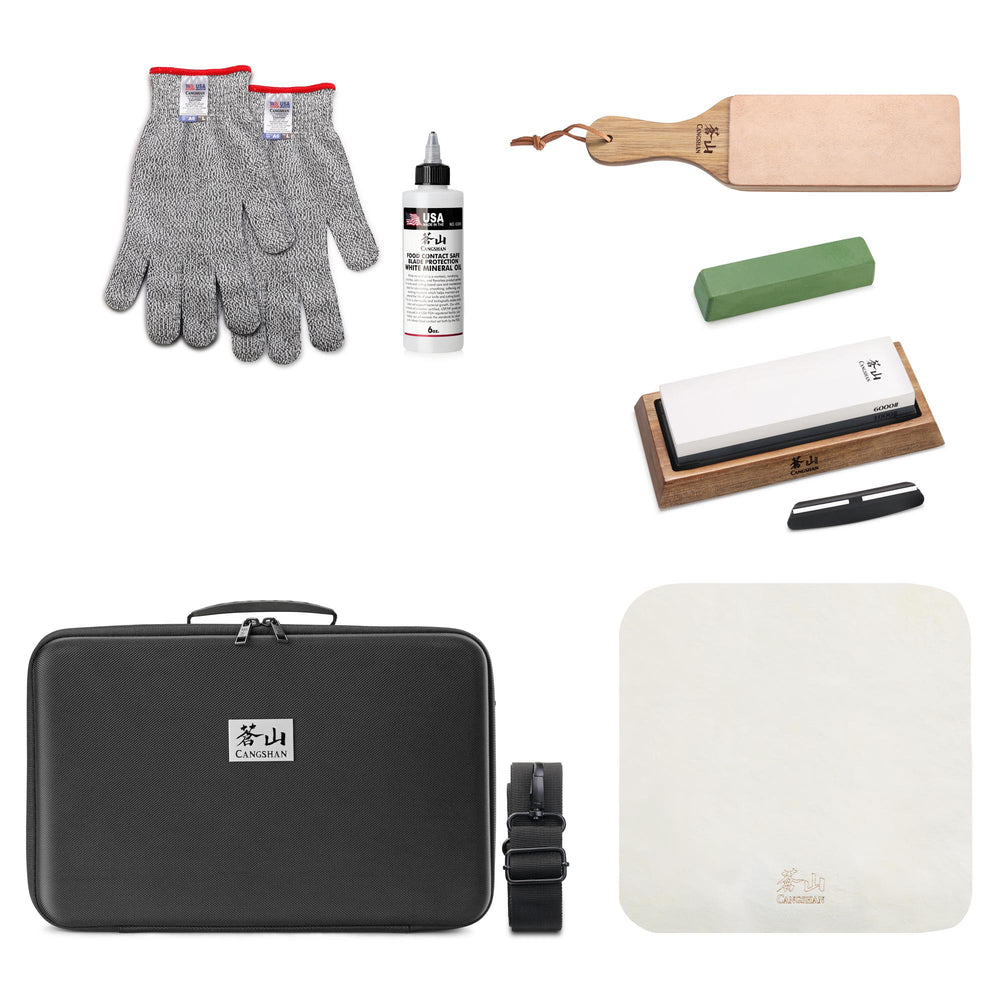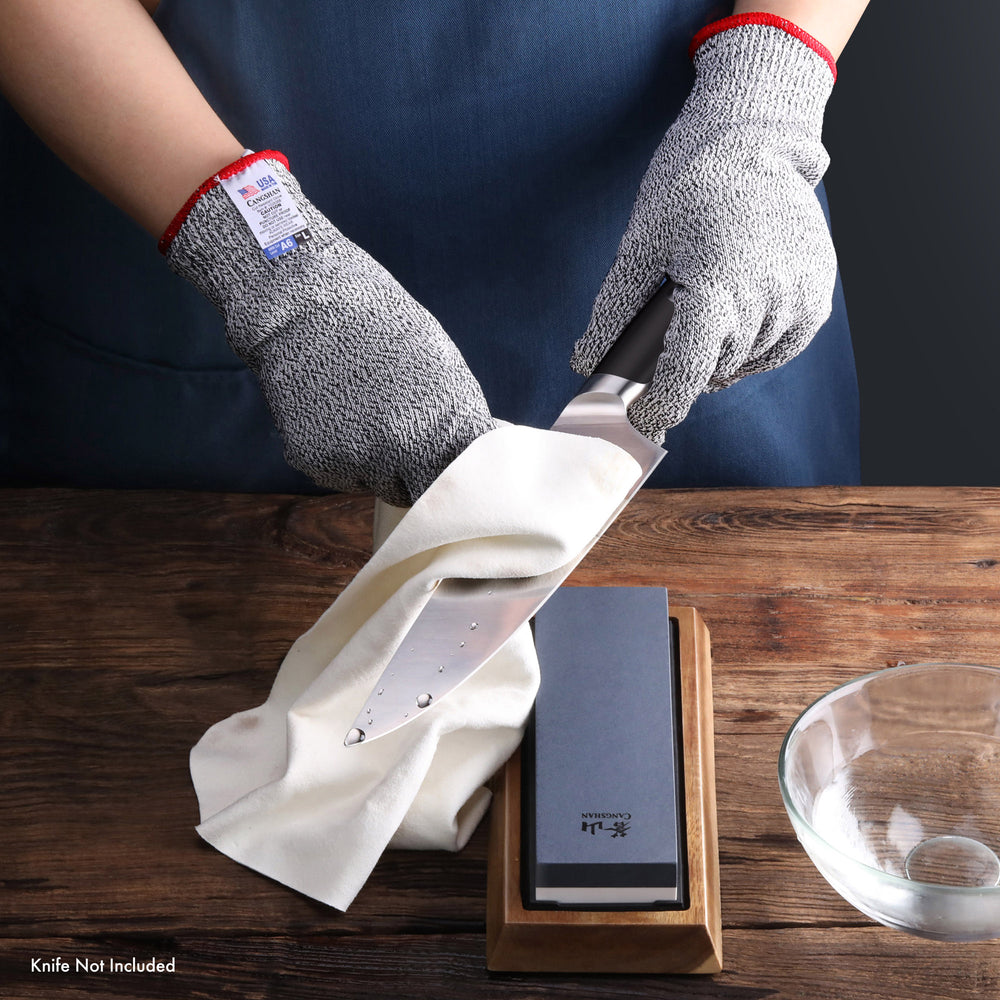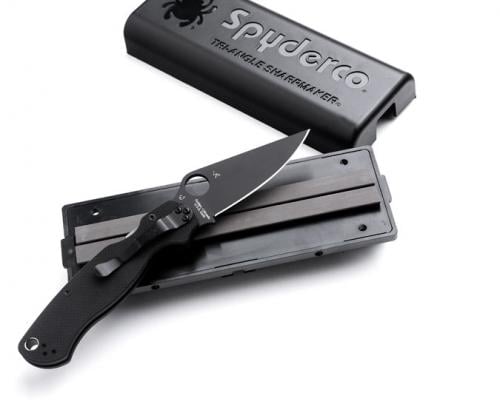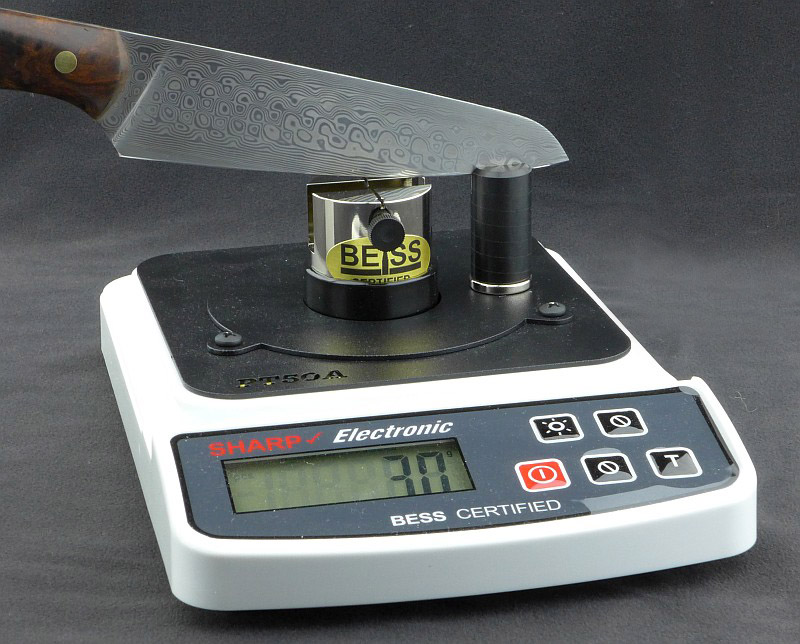Discover Pandipedia
Pandipedia is the world's first encyclopaedia of machine generated content approved by humans. You can contribute by simply searching and clicking/tapping on "Add To Pandipedia" in the answer you like. Learn More
Expand the world's knowledge as you search and help others. Go you!

A bubble curtain is a system that produces bubbles in a deliberate arrangement in water, commonly referred to as a pneumatic barrier. The technique involves releasing bubbles of air under the water surface, which rise to create a barrier that can break the propagation of waves or the spreading of particles and contaminants. It is used for several purposes, including reducing shock wave propagation, controlling the movements of fish, and providing decoration and airing in aquariums[1].
Let's look at alternatives:
- Modify the query.
- Start a new thread.
- Remove sources (if manually added).
- Request a manual search from our human research team.
Let's look at alternatives:
- Modify the query.
- Start a new thread.
- Remove sources (if manually added).
- Request a manual search from our human research team.
Get more accurate answers with Super Search, upload files, personalised discovery feed, save searches and contribute to the PandiPedia.
/https://i.s3.glbimg.com/v1/AUTH_59edd422c0c84a879bd37670ae4f538a/internal_photos/bs/2025/L/9/nxSSYTRAeEh8alxVQONQ/2025-02-28t173858z-673011667-rc2t3dasirja-rtrmadp-3-ukraine-crisis-usa.jpg)
Sim, diversas matérias indicam que as ações recentes de Trump vêm causando prejuízos significativos à Ucrânia. Por exemplo, um artigo do G1 relata que Trump suspendeu toda a ajuda militar dos EUA para Kiev logo após seu confronto com Zelensky, medida essa que compromete a capacidade de defesa ucraniana frente à agressão russa[1]. Além disso, outras análises apontam que a retórica de Trump tem pressionado o governo ucraniano a aceitar condições de cessar-fogo que podem envolver concessões territoriais – condições essas que podem enfraquecer a soberania de Kiev e favorecer os objetivos de Moscou[2][3]. Fontes como a DW mostram ainda que, ao adotar uma postura focada em encerrar a guerra “em 24 horas”, Trump coloca em risco a continuidade do apoio militar e financeiro a um país que depende fortemente desse suporte para se manter na luta contra a invasão[4]. Por fim, relatos apontam que essa postura questionável – que privilegia interesses unilaterais dos EUA e abre margem para negociações de paz em termos desfavoráveis para a Ucrânia – tem aproximado Washington dos interesses russos, o que pode ter consequências graves para Kiev[5][6][7]. Em resumo, a suspensão de ajuda crucial e a pressão para que a Ucrânia aceite termos duros nas negociações são medidas que, de acordo com as fontes, estão prejudicando significativamente o país.
Let's look at alternatives:
- Modify the query.
- Start a new thread.
- Remove sources (if manually added).
- Request a manual search from our human research team.

Hamilton Beach Electric Breakfast Sandwich Maker
This small appliance allows you to cook eggs, toast muffins, and heat Canadian bacon all at once for delicious breakfast sandwiches[1].

MEATER Plus Smart Meat Thermometer
A wireless thermometer that connects to an app, tracking internal and air temperatures and estimating cooking times[1].
Chef’n GarlicZoom Garlic Chopper
This handy tool makes mincing garlic easy, keeping your hands clean and producing consistent results[2].

Evo Oil Sprayer
This propellant-free oil sprayer helps distribute oil evenly while cooking, ensuring perfectly golden results without much hassle[1].

Simplehuman Dual Rectangular Sensor Bin with Voice Control
A smart trash bin that opens automatically with voice or motion control, combining convenience and modern design[3].

OXO Good Grips 3-in-1 Avocado Slicer
This tool splits, pits, and slices avocados easily, making avocado prep quick and safe[3].

Dreamfarm Scizza Non-Stick Pizza Scissors
These scissors cut pizza effortlessly and serve slices without mess, making pizza night cleaner and more fun[4].

Angry Mama Microwave Cleaner
Fill it with water and vinegar, heat it in the microwave, and let steam clean all the grime effortlessly[1][10].

Tupperware Chop ’N Prep Chef
A manual mini chopper that simplifies chopping garlic and herbs without needing a traditional chopping setup[4][5].

Silicone Garlic Peeler
Roll the garlic cloves inside this silicone peeler for quick, mess-free peeling[2].

Joseph Joseph Nest Measuring Cup Set
A colourful, space-saving measuring cup set that combines multiple sizes into one stackable design[3].

BlendJet 2 Original Portable Blender
A portable blender that allows you to make smoothies on-the-go with its strong blending capabilities[4].

KitchenArt Select-a-Spice Auto-Measure Carousel
This spice carousel measures spices in precise quantities automatically, making cooking faster and more accurate[5].

Casabella Guac-Lock Container
This innovative container locks out air to keep guacamole fresh and free from browning[1][4].

Ninja Speedi Rapid Cooker & Air Fryer
A multifunction cooker that combines the functions of steaming, baking, air frying, and more into one appliance[5].

Perfect Portions Nutritional Food Scale
This versatile digital scale provides nutritional information for over 2000 foods, aiding in healthy meal planning[2][4].

GEFU Spirelli Spiral Slicer
A tool for creating perfect julienne strips of vegetables, ideal for salads and garnishes[2].

Portable Heat Bag Sealer
A handy device for sealing various plastic bags to keep food fresh, perfect for meal preppers[2].

Joseph Joseph Rocker Garlic Crusher
A simple and efficient garlic crushing gadget that keeps hands odor-free[2].

OXO Good Grips Salad Spinner 4.0
This spinner efficiently dries salad greens with a one-handed operation and quick brake feature[2].

Simple Spreading Butter Spreader Knife
A clever tool for easily spreading cold butter on toast without tearing the bread[1].

Amazon Echo (4th Gen)
A smart device for listening to cooking podcasts, setting timers, and hands-free control in the kitchen[4].
JUMP Self-Stirring Mug
Keep your beverage at the perfect temperature while eliminating the need for constant stirring[8].

Chef’n Nut Butter Stirrer
This tool mixes separated nut butters for easy spreading, ensuring even consistency[1].
Thermapen ONE Instant-Read Thermometer
Known for its quick response time, this is a top-rated thermometer for precise cooking[7].
Perfect Pizza Cutter
An innovative pizza cutter that slices effortlessly while keeping toppings intact, making it easier to serve[11].

Bamboozle Indoor Countertop Composter Bin
A stylish and environmentally friendly compost bin that helps reduce kitchen waste[4].

ChillCore 3-in-1 Wine Cooler
This wine cooler chills, serves, and preserves wine freshness, ideal for wine enthusiasts[2].
Let's look at alternatives:
- Modify the query.
- Start a new thread.
- Remove sources (if manually added).
- Request a manual search from our human research team.

Smithsonian Mega Science Lab Kit
This kit allows children to explore various science fields through six activities, including building volcanoes and crystal gardens, using tools like a thermometer and a bug collecting tool[4].

National Geographic Mega Gemstone & Fossil Dig Kit
Kids can excavate genuine gems and fossils from a dig brick and learn about them using an included guide, promoting hands-on exploration[4].
MEL Chemistry Kit
A subscription-based chemistry kit designed for adults that includes varied and advanced experiments with excellent explanations, making it suitable for genuine scientific exploration[6].
Thames & Kosmos Chem C2000 Chemistry Set
Offers equipment for conducting 250 different experiments, along with a detailed manual, ideal for older children and adults seeking a deeper understanding of chemistry[6].
Learning Resources STEM Explorers Superhero Science Kit
A superhero-themed science set for ages 6 and up, featuring 22 pieces that explore core scientific concepts like magnetism and color mixing[5].
Klutz LEGO Gear Bot Kit
This kit allows kids to build physics-driven kinetic creatures using LEGO bricks and papercraft, promoting a hands-on learning experience in mechanical engineering[4].
Einstein Box Chemistry Set
Designed for young chemists, this kit includes colorful experiments like fizzing potions and self-grown crystals, with easy-to-follow instructions for independent exploration[4].

Acurite Galileo Thermometer with Barometer
A functional gift that teaches about temperature and atmospheric pressure through a beautiful glass globe design[2].
What If?: Serious Scientific Answers to Absurd Hypothetical Questions
A book by Randall Munroe that provides entertaining yet scientifically rigorous answers to odd questions, suitable for science enthusiasts[2].
3 Doodler Start+ Maker Bundle
A 3D pen kit designed for kids aged 6 to 13, allowing them to create 3D doodles with color strands and templates, fostering creativity and motor skills[5].
Meade Instruments Infinity 80mm AZ Telescope
An introductory telescope for beginners that’s easy to set up, perfect for stargazing and learning about celestial bodies[2].

Vector Robot by Anki
A small, interactive robot that responds to commands, performs tasks around the home, and provides a glimpse into robotics technology[2].
The Learning Resources Chemistry Experiment Kit
Offers fun experiments using lab-grade materials to teach kids about chemical reactions in an engaging way[6].
Academy Da Vinci Flying Machine Kit
A model that provides insights into the mechanics of flight and can wind up to simulate movement, suitable for both science and art lovers[2].
Galaxy Science Puzzle
A 1,000-piece puzzle showcasing a stunning image from the Hubble Space Telescope, perfect for fans of science and challenges alike[2].
Makeblock mBot Ultimate
A modular robot kit for kids aged 8 and up that teaches coding, electronics, and robotics through engaging assembly and programming[5].
GraviTrax JUNIOR Starter-Set
A marble run modified for younger kids, combining building and physics concepts to encourage critical thinking and creativity[5].
Yoto Player and STEM Cards
A screen-free audio player that allows kids to listen to STEM-themed stories, encouraging storytelling and learning[5].
Aromatherapy and Science Soap Making Kit
A kit that provides all materials needed for creating soaps, introducing kids to chemistry concepts through fun, creative projects[4].
Discovery Kids Electronic Circuit Kit
This kit includes hands-on experiments that teach kids about electricity and circuits through fun activities[6].
Chemistry and Biology Chromatography Kit
Allows kids to explore chromatography with paper strips and various inks, linking chemistry and biology through hands-on experiments[6].
Star Wars Death Star Action Set
An advanced building set for kids 8 and older, engaging them in engineering concepts and space exploration while building a model from the popular franchise[5].
Let's look at alternatives:
- Modify the query.
- Start a new thread.
- Remove sources (if manually added).
- Request a manual search from our human research team.
Let's look at alternatives:
- Modify the query.
- Start a new thread.
- Remove sources (if manually added).
- Request a manual search from our human research team.
Get more accurate answers with Super Search, upload files, personalised discovery feed, save searches and contribute to the PandiPedia.

Chef’sChoice Trizor 15XV Professional Electric Knife Sharpener
This electric sharpener features a three-step process that creates a razor-sharp blade using diamond abrasives, suitable for most Japanese knives and very effective for restoring dull blades[2][8].

Work Sharp Electric Culinary E2 Kitchen Knife Sharpener
This compact electric sharpener features two abrasive discs for sharpening and a ceramic honing wheel for maintaining sharp edges, perfect for German-style knives[2][8].
Work Sharp Ken Onion MK.2
A versatile belt sharpening system that is capable of handling various blade types and includes adjustable angle guides for precision sharpening[1][7].

Chef’sChoice 4643 Manual Knife Sharpener
A manual sharpener offering slots for both 15- and 20-degree angles, featuring diamond abrasives for effective sharpening[2][8].

Sharp Pebble Premium Whetstone Knife Sharpening Stone
A double-sided whetstone featuring a non-slip bamboo base and angle guide, ideal for beginners and experience sharpeners alike[2].
Tormek T-4
A water-cooled grinding system known for its efficiency and ability to maintain sharp edges without overheating the blade[1][7].
Work Sharp Precision Adjust Kit
This sharpener locks down the blade and keeps sharpening plates at a constant angle, eliminating the learning curve associated with traditional sharpening methods[3][7].
Smith’s Diamond Combination Sharpener
A portable tool designed for quick touch-ups, suitable for various types of knives, including outdoor and fishing knives[2][7].
Minosharp Water Sharpener
A small, handheld sharpener with water wheels that provides effective sharpening while being easy to use and store[6][7].
Global Shinkansen Water Sharpener
Specifically designed for Japanese knives, this wet sharpener offers dual coarseness levels for effective sharpening[4].
Wüsthof Universal Hand-Held Knife Sharpener
A two-slot pull-through manual sharpener that uses carbide blades for sharpening and ceramics for honing, suitable for different types of knives[5].

Horl 2 Pro
A unique magnetic sharpener that uses a cylindrical roller to sharpen, producing impressively sharp edges with ease of use[6].
Benchmade Knife Company’s Station and Table Knives
These were used as benchmarks for testing different sharpening systems, showcasing their durability and effectiveness in testing[1].
DMT Dia-Sharp Diamond Stone
A heavy-duty sharpening stone that stays flat and requires minimal maintenance, ideal for both novices and experts[7][9].
Keenbest Sharpening Stone Set
An affordable whetstone set that includes two stones of different grits, suitable for both beginners and more experienced users[7].
Zwilling V Edge Knife Sharpener
This upright knife sharpener features multiple rods for sharpening and honing, allowing for a precise and effective sharpening process[6].
KitchenIQ Edge Grip 2-Stage Knife Sharpener
An inexpensive pull-through sharpener that works on both straight and serrated knives, designed for easy use[8].
EverSharp Electric Knife Sharpener by Presto
Known for its affordability and proficiency, this sharpener features automatic blade stall to prevent over-sharpening[3].
Tumbler Original Diamond Rolling Knife Sharpener
A user-friendly sharpener that uses a rolling mechanism for fast, effective sharpening[7].
Sharpal 191H and Scrissors Sharpener
A versatile sharpener designed for a range of knife types, featuring a suction cup base for stability[5][7].
Victorinox Knife Sharpener
An ergonomic and straightforward sharpener that uses one wheel for effective sharpening[6].
Whetstone Sharpening Kit
Includes everything needed to master the whetstone sharpening process, providing high-quality results over time[4][7].

ProCook Combination Whetstone
A compact whetstone for beginners featuring 600- and 2000-grit surfaces for effective sharpening and polishing[6].
KitchenIQ Comfort Grip Knife Sharpener
A comfortable, handheld sharpener for quick touch-ups, allowing for 15 strokes to sharpen[5][8].
DMT Whetstone, 8-Inch
Known for its high-quality diamond abrasive, this whetstone is suitable for durable and effective sharpening[9].
Presto Professional Electric Knife Sharpener
An effective electric sharpener with easy operation and sturdy build, offering professional-level results[3][9].
Cangshan Pro Series Sharpening Kit
A comprehensive sharpening kit featuring a range of tools for different knives and edge styles[7].
Sharpmaker by Spyderco
A semi-guided sharpening system allowing for easy sharpening of various knives while maintaining a sharp edge[7][8].
CATRA Knife Sharpness Tester
A device used to test the effectiveness of a knife sharpener by measuring the sharpness of the blade after sharpening[5].
Let's look at alternatives:
- Modify the query.
- Start a new thread.
- Remove sources (if manually added).
- Request a manual search from our human research team.

Humor can be dissected as a frog can, but the thing dies in the process and the innards are discouraging to any but the pure scientific mind.
E. B. White[3]
The more you know humour, the more you become demanding in fineness.
Georg Lichtenberg[3]

We may hope that machines will eventually compete with men in all purely intellectual fields... But when it comes to humor, the human touch is irreplaceable.
Turing[1]
The only thing that will redeem mankind is cooperation.
Bertrand Russell[1]
Humor is a social binding agent.
SEAN KIM, LYDIA B. CHILTON[2]
Let's look at alternatives:
- Modify the query.
- Start a new thread.
- Remove sources (if manually added).
- Request a manual search from our human research team.

Fish sleep in a manner quite different from humans and other land animals. They do not have eyelids and typically rest with their eyes open[3]. Fish reduce their activity and metabolic rate during periods of rest, which serve similar restorative functions as sleep in humans[4],[5]. Fish may float in place, wedge themselves in shelters, or burrow into sand or mud to sleep[4],[1].
The sleep patterns of fish vary by species. Some fish are diurnal (active during the day and sleep at night), while others are nocturnal (active at night and sleep during the day) or crepuscular (active during dawn and dusk)[3],[5]. For instance, diurnal fish like the Mozambique tilapia sleep at night by becoming motionless at the bottom, while nocturnal fish like the brown bullhead rest during the day[2],[5].
Fish can also display unique behaviors while sleeping. Some species, such as wrasses and parrotfish, secrete a mucus cocoon for protection during sleep[6]. Certain fish like zebrafish have shown sleep patterns regulated by melatonin and follow cycles similar to humans[1].
Fish may remain partially alert during sleep to avoid predators and can sometimes continue minimal movements to facilitate breathing[3],[6]. Additionally, some fish demonstrate a sleep rebound effect, sleeping longer if deprived previously[2].
To summarize, fish exhibit diverse sleep behaviors depending on their species, environmental needs, and lifestyle, all without closing their eyes[1],[2],[3],[5].
Let's look at alternatives:
- Modify the query.
- Start a new thread.
- Remove sources (if manually added).
- Request a manual search from our human research team.

Traveling to new destinations offers not just the chance to explore different landscapes but also the opportunity to engage with diverse cultures. Understanding cultural etiquette is vital for fostering mutual respect and enhancing your travel experience. This guide provides essential dos and don’ts based on various cultural practices around the world.
Pre-Travels: Research and Preparation
Before venturing to a new country, conducting thorough research on local customs, traditions, and etiquette rules is crucial. Familiarizing yourself with basic phrases and gestures can help show respect for the local culture and break down barriers. Engaging in travel communities for insights or reading travel guides can provide valuable information on what to expect upon arrival[5][8].
Greeting Customs: The First Impression

Greetings vary significantly across cultures and can set the tone for your interactions. In Japan, bowing is a customary gesture that reflects respect. In contrast, in many Western countries, a firm handshake is standard. Additionally, being aware of the appropriate greeting in different contexts is important; for example, in Brazil, cheek kisses are common among friends, while in Germany, formal greetings with a handshake are preferred[1][7].
Using appropriate titles and avoiding first names unless invited to do so can demonstrate respect and awareness of social hierarchy in many cultures, especially in Asia and Latin America[6][8].
Dining Etiquette: Table Manners Matter

Dining customs are among the most nuanced aspects of cultural etiquette. For instance, in Japan, it is essential to use chopsticks correctly—sticking them upright in a bowl of rice is considered disrespectful, as it resembles funerary practices. Furthermore, one should always say “itadakimasu” before starting a meal as a way of expressing gratitude[4][6].
In Italy, finishing your pasta sauce with bread is not just acceptable but polite. However, be cautious about ordering certain dishes like pasta Alfredo, which is often not authentically Italian. It’s also common courtesy to wait for others to be served before beginning your meal, especially in France where leisurely dining is valued[4][5][9].
Dressing Appropriately: Attire and Modesty

Dress codes vary dramatically depending on the cultural context. In many Islamic countries, dressing modestly is expected, particularly when visiting religious sites. Both men and women should cover their shoulders and knees, and in some cases, women may need to cover their hair. Demonstrating cultural awareness through appropriate attire can enhance your experience[4][6].
Moreover, understanding local attitudes toward clothing can help you avoid missteps; for instance, casual beachwear is generally frowned upon in public spaces outside the beach in countries like Spain and Italy[7][9].
Communication: Horning Your Skills

Effective communication requires awareness of both verbal and non-verbal cues. In some cultures, like those in Japan and South Korea, maintaining subtle body language is important, while in Latin American countries, close physical proximity is common and signifies warmth[6][8].
Avoid public displays of affection in conservative cultures, as they may be considered rude or inappropriate, especially in countries that are predominantly Muslim[8][9]. Conversely, a warm, expressive style is appreciated in places like Brazil, where touch and closeness in conversation are common[4][5].
Tipping Customs: Show Your Appreciation

Tipping practices can also differ widely. In the United States, a tip of 15-20% is appreciated, whereas in Japan, tipping may be viewed as an insult, as exceptional service is considered standard. Knowing when and how much to tip can prevent uncomfortable situations and reflect your understanding of local customs[3][5].
In some European countries, service charges are included in the bill, so small tips or rounding up the bill can be seen as a sign of appreciation rather than an obligation[8][9].
Respect for Local Customs and Traditions

When traveling, it’s vital to respect local customs and cultural sentiments. For instance, avoiding discussions about sensitive topics like politics or religion can prevent misunderstandings. In countries where superstition plays an important role, such as China, avoid giving items in sets of four, which is considered unlucky[1][2].
Additionally, when engaging with local communities, always ask permission before photographing people or participating in traditional rituals. This shows respect for their privacy and cultural practices[6][8].
Conclusion: Building Bridges Through Cultural Sensitivity
Cultural etiquette is not just about avoiding faux pas but about building genuine connections with people around the world. By being mindful of the dos and don’ts in different cultures, you can enhance your travel experiences and promote cultural exchange. Embrace the opportunity to learn from the rich tapestry of traditions, customs, and interactions, and you will return home with lasting memories and deeper insights into our interconnected world[2][3][4][6].
Let's look at alternatives:
- Modify the query.
- Start a new thread.
- Remove sources (if manually added).
- Request a manual search from our human research team.




